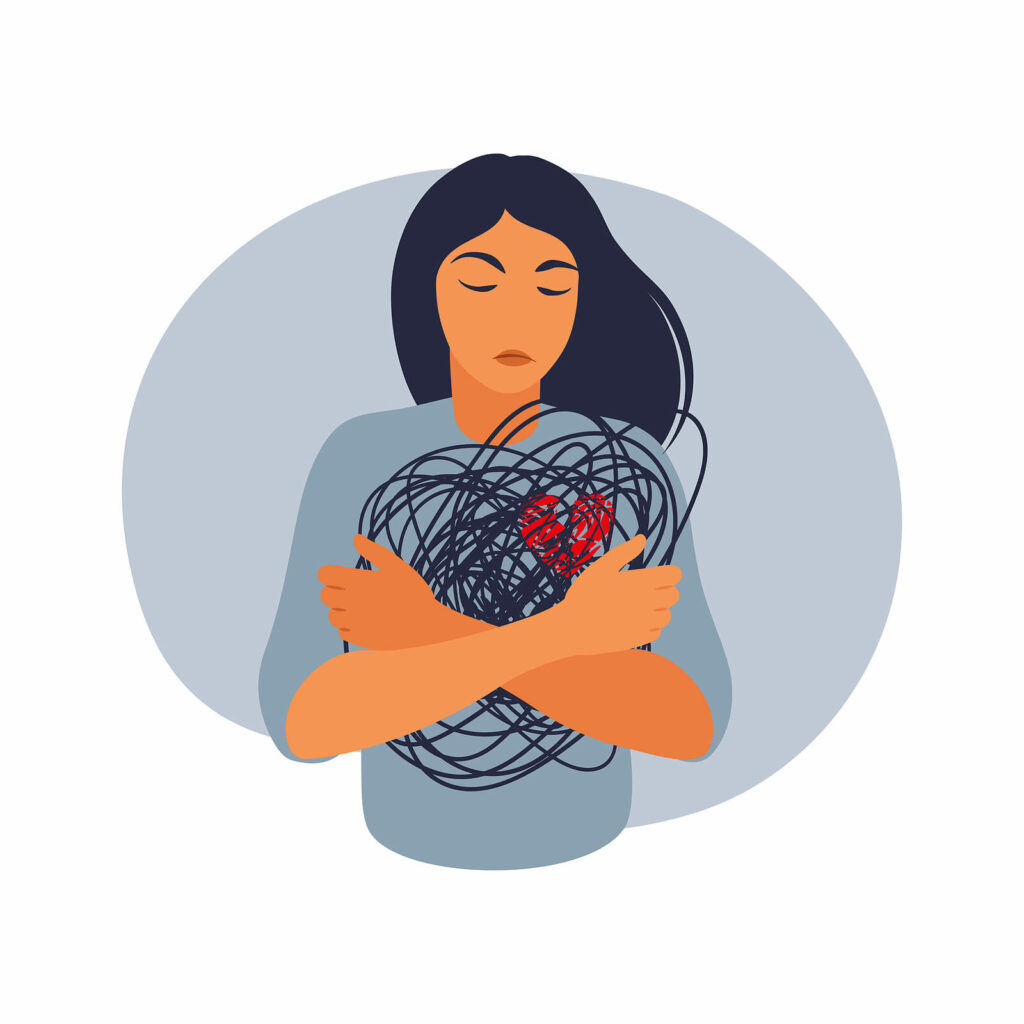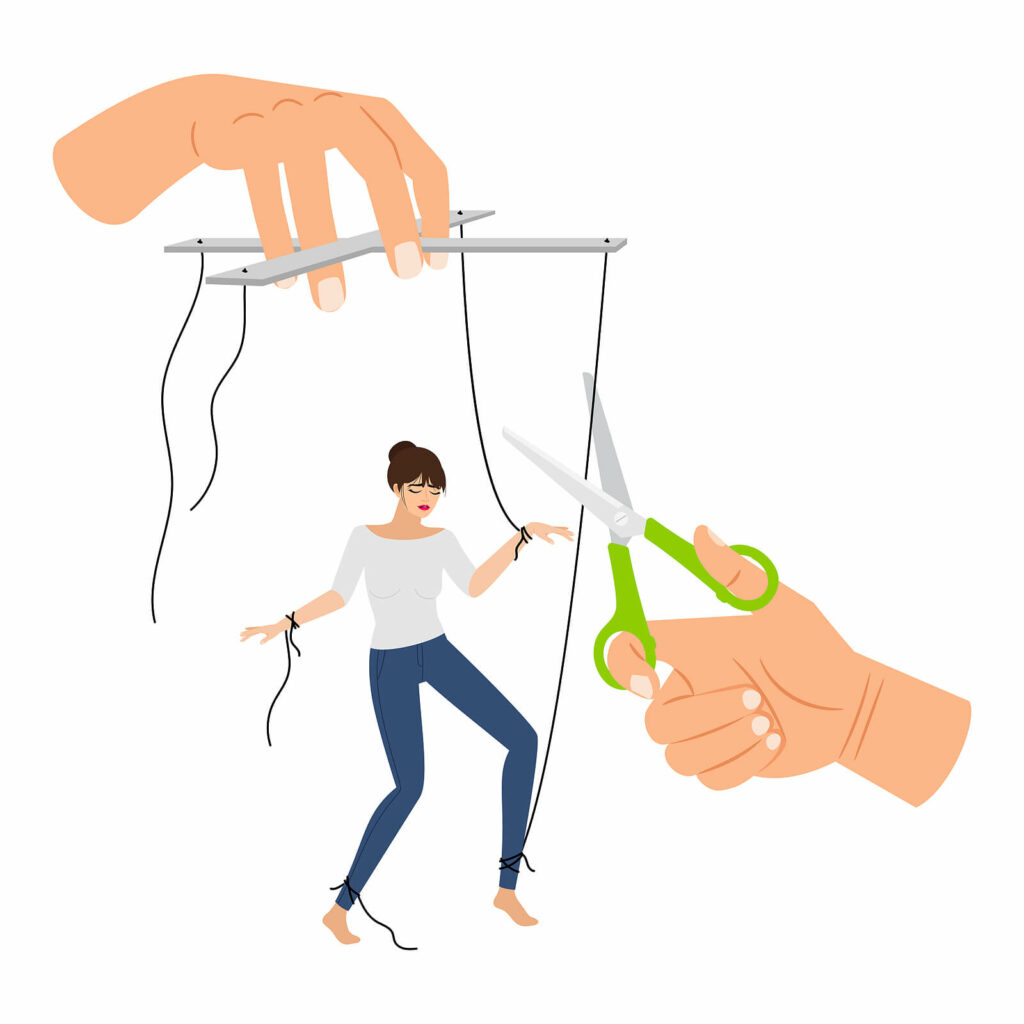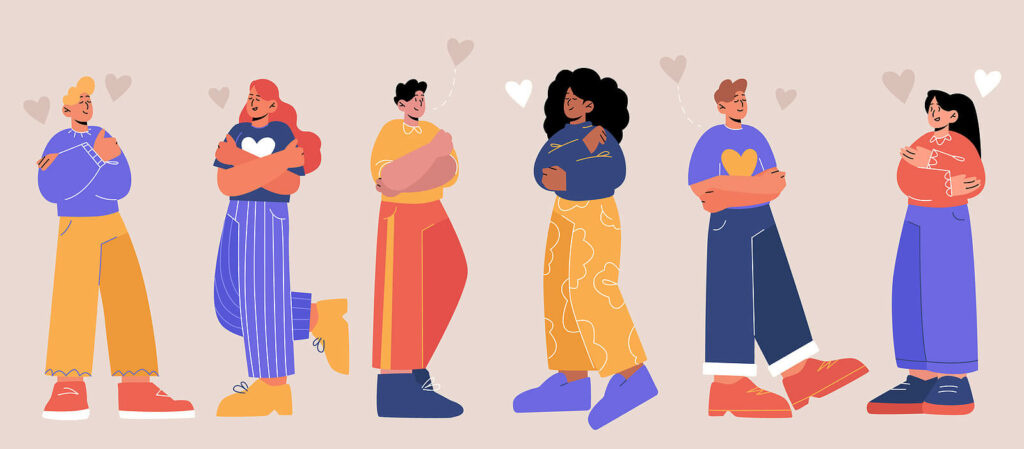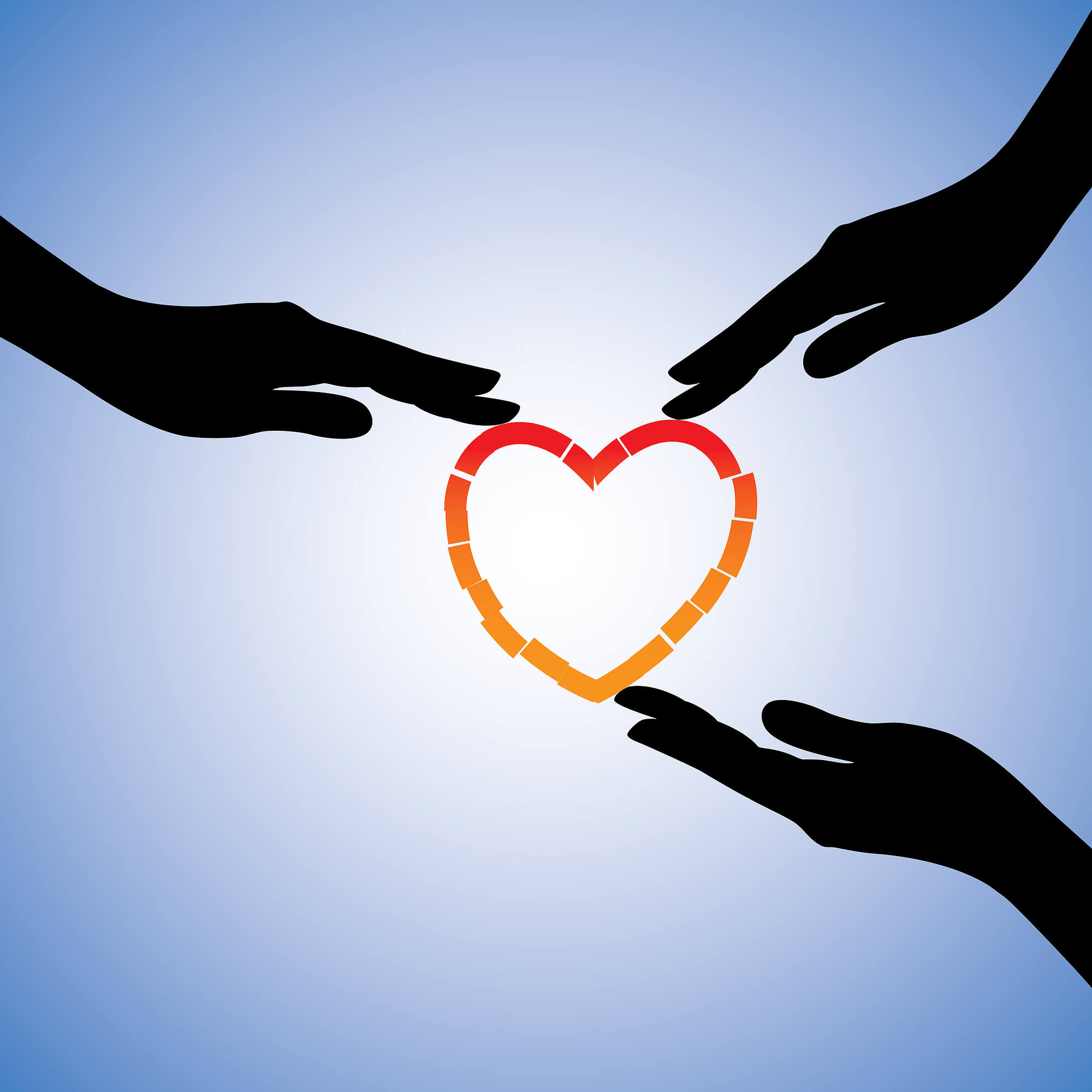What are Trauma Bonds?

Trauma bonds are unhealthy emotional attachments that form between an individual and their abuser. These bonds develop as a survival mechanism, a psychological response to threatening or traumatic situations. They often result from prolonged exposure to abuse, trauma, or coercive control. Trauma bonds are characterized by a powerful emotional connection, in which the victim may feel sympathy or affection for the abuser despite the harmful nature of the relationship. It occurs when periods of abuse and manipulation are followed by periods of remorse and kindness. These repeated cycles of abuse and affection create confusion and dependency in the victim.
As a result, victims rationalize the abuser’s behavior and become habituated to the relationship dynamic. Focusing only on the positive parts of the relationship can help individuals make sense of their experience, simultaneously strengthening the emotional bond. Other factors such as fear of retaliation, fear of abandonment, and a lack of support networks further solidify the trauma bond, making it even more challenging for the victim to leave the abusive relationship.
Typically, when we hear trauma bonding, we think of romantic relationships, however, it is important to note that trauma bonds can exist in any relationship dynamic characterized by a power imbalance and control such as:
- Child abuse
- Elder abuse
- Domestic abuse
- Cults
- Human trafficking
- Kidnapping or hostage situations
Recognizing the Signs of a Trauma Bond
Trauma bonds are marked by several key characteristics and dynamics. Common signs of trauma-bonded relationships include:
- Dependency
- Victims often experience intense feelings of loyalty and dependence on their abusers. This can be due to several factors including fear of retaliation, punishment, or relying on them for basic needs. The abuser may instill a sense of helplessness, making it challenging for victims to envision a life beyond the relationship.
- Isolation
- Abusers often find ways to isolate their victims from their supportive networks, fostering a reliance solely on the abuser.
- Victims might even distance themselves from friends and family who criticize the relationship
- Denial, minimization, rationalization
- Victims may make excuses to minimize or justify the abuser’s behavior, protecting them and defending the relationship even when it goes against their own well-being.
- Manipulation
- Use of tactics, such as gaslighting, intimidation, coercion, or guilt-tripping
- Victims might blame themselves for the abuser’s behavior or change their own behavior to avoid setting them off. These tactics erode the victim’s self-esteem and agency.
- Poor boundaries
- If the victim has a deep fear of abandonment setting and maintaining boundaries will be difficult. Even if they know the relationship is unhealthy and want to leave, they will likely feel too stuck and powerless to break the bond. Tolerating and making the best out of the situation can sometimes be seen as the only choice.

Breaking Free and Recovering from Trauma Bonds
Breaking free from a trauma bond is a challenging, yet transformative, empowering process. It is possible to end the cycle of abuse and reclaim your life. Here are some steps on how to begin the journey of healing:
Acknowledge that the current relationship is unhealthy and that things need to change.
If you find yourself thinking that the person is going to change or fantasize about a better future, stop. Challenge your distorted thoughts and reframe them with reality-based thoughts. Remind yourself that this person is not going to change, and the relationship is not going to get better. Educating yourself on trauma bonds and abusive relationships can give insight into the tactics that are being used against you.
Establish a safe exit plan.
Establish an exit plan that includes how or when you will leave, where you will stay, and what documents, information, etc. you will need to have readily accessible. Share your plan with significant others you can trust and rely on for support. Becoming financially independent and seeking legal advice may be necessary in some situations. Executing this plan may take time, being patient and waiting until all steps are in place can increase the likelihood of success.
Seek professional support with a therapist who specializes in trauma-informed care.
They can provide a safe space for you to process the trauma and learn coping strategies for healing. Through trauma therapy, you can rebuild your self-esteem, explore what attracted you to the relationship, and identify ways to not repeat similar patterns in the future.
Prioritize yourself.
In trauma-bonded relationships victims are conditioned to place their abuser’s needs and desires above their own, neglecting their emotional, physical, and mental health in the process. The abusive nature of the relationship often erodes the individual’s self-worth, leading to a negative self-image and low self-esteem. By prioritizing your well-being, you begin to reclaim your identity and self-worth. Engage in activities that promote self-care, such as exercise, mindfulness, or journaling to start feeling positive emotions again. Be gentle with yourself and practice self-compassion.

Build a support network.
Surround yourself with trustworthy and understanding individuals who can offer support and encouragement throughout your healing journey. As trauma therapists in Charlotte, NC, we are happy to support you at Kind Mind Psychology.
Trauma bonds are an intricate and often misunderstood psychological phenomenon that can have a profound lasting impact on an individual. Trauma bonding is a survival mechanism that can be employed by anyone. If you or someone you know may be experiencing trauma bonding, remember that healing and recovery are possible.
Finding Support Through Trauma Therapy in Charlotte, NC
If you’re recognizing signs of a trauma bond in your own life, remember that you’re not alone, and support is within reach. Breaking free from these bonds can feel overwhelming, but with the right guidance and resources, healing is possible. Trauma-informed therapy can provide a safe space to explore, understand, and overcome these complex emotional ties. Our trauma therapists in Charlotte, NC are here to help you rediscover your strength, build healthy boundaries, and create a future grounded in self-worth and empowerment. Follow the steps below to get started:
- Reach out today to learn how we can support you on your journey to emotional well-being.
- Explore more about trauma recovery by reading our blogs.
- Begin trauma therapy and live with more peace of mind!
Other Services We Offer in New York and North Carolina
Beyond trauma therapy, we offer a variety of supportive options to meet your needs. For those in the LGBTQIA+ community, we offer affirming and compassionate LGBTQ+ therapy, where you can explore and embrace your identity. We also provide couples therapy to help partners build stronger, more meaningful relationships. Additionally, we specialize in EMDR and Internal Family Systems (IFS) therapies to offer pathways to deep emotional healing and resilience. No matter what you’re facing, we’re here to support your growth and well-being.

